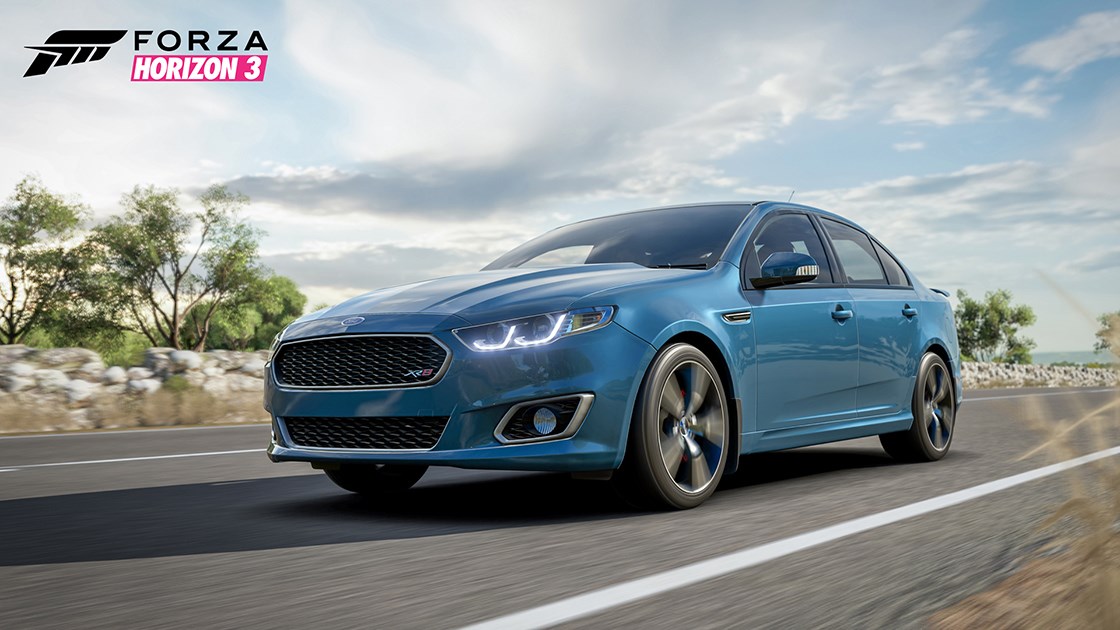Study finds video games can make people better drivers; parties in streets declared
Gamers think that they're legends in their own lunchtime. Ace COD players think they've got the chops to defuse a bomb or spoil a terrorist plot, Minecraft aficionados think they're God's gift to city planning, and car gamers like myself all think they're Lewis Hamilton.
But they've never really been able to back it up, save for incentives like Sony's GT Academy, which turns players of Gran Turismo into racing drivers.
However, following a recent study in journal Psychological Science, it can now be confirmed that racing games can make you a better driver by improving a player's visuomotor controls. The operative word being can.
The study's model-driven analysis compared test subjects who had played action and driving games against people who had played other kinds of video games on a driving simulator, with driving and action gamers showing an improvement in skills over the course of the study.
“Our research shows that playing easily accessible action video games for as little as five hours can be a cost-effective tool to help people improve essential visuomotor-control skills used for driving,” said researcher Li Li of New York University Shanghai.
Players gamed for between five and 10 hours a week over a six-week period — Mario Kart with a steering wheel for the car gamers and Rollercoaster Tycoon III for the control group. Mario Kart seems like a weird choice, but fits into the study in that it's still a very different beast to any kind of actual driving. No point in giving one group copies of the latest racing simulator game when it'd be effectively identical to the final stage of testing and therefore be impartial.

“Using a driving simulation, the researchers compared the visuomotor abilities of experienced players of action video games (those who had played at least five hours per week over the previous six months) to participants who had negligible action video game experience,” said the Assosciation for Psychological Science.
“The participants saw a display that showed a simulated road with lane markers. In three 95-second trials, they were tasked with steering a virtual vehicle down the lane, straying as little as possible from the center while compensating for crosswinds that affected the direction of the car.
“Participants’ performance on the task showed that experience mattered: Experienced action gamers showed much greater precision in keeping to their lane, and showed less deviation from center in the face of increasing headwinds, when compared to the participants with little to no action video game experience. The researchers saw similar levels of improvement when they tested participants on another visuomotor control task that involved using a joystick to keep a target dot from floating away from the center of the screen.”
A subsequent following test that subbed Mario Kart for a first-person shooter title showed a similar improvement in visuomotor controls, but in a slightly different light.
“The differing effects of driving and FPS video games on the sensorimotor system suggest that for experienced drivers, who have stable control but need to improve their ability to predict input error signals, training with [an] FPS rather than driving video games is more effective,” added researcher Li.
“In contrast, for novice drivers, who are still struggling with obtaining stable control, training with driving rather than FPS video games is more helpful.”



